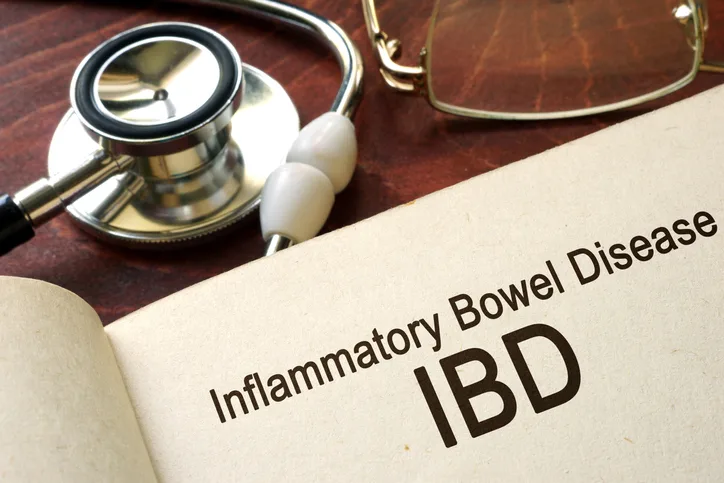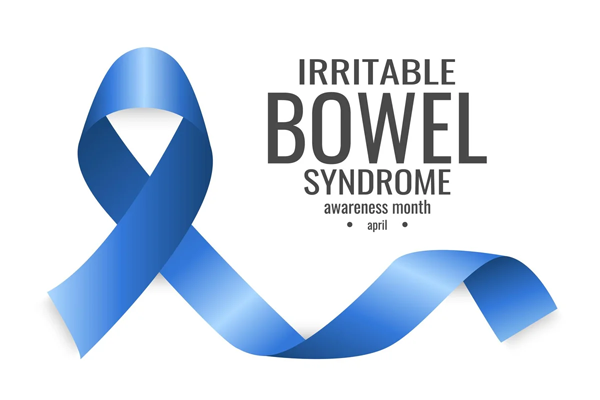
Fast Facts: What You Need to Know About Inflammatory Bowel Disease
Learn about the symptoms, how it’s diagnosed and how to manage your care
The state of your gastrointestinal tract and the balance of good and bad bacteria in your digestive system

Learn about the symptoms, how it’s diagnosed and how to manage your care

IBS is often confused with inflammatory bowel disease, but they’re two different conditions

What you need to know about keeping your gut and vaginal microbiomes in balance.

If IBD symptoms, like diarrhea and abdominal pain, get in the way of restful sleep, here are some tips that will help you get the restful sleep you need.

It can be tough to tell the difference between heartburn or something more serious because sometimes symptoms overlap.

There’s a big connection between your emotions and your gut. So, stress and anxiety can lead to diarrhea, nausea, indigestion, constipation or appetite changes.

When trying to plan for sex, spending time in the bathroom may lead to less time spent in the bedroom. Stomach pain and the risk of untimely gas can be a mood killer.

Learn how to manage IBD symptoms so you can spend more time enjoying the things that matter most to you.

New research links caffeine consumption to a healthy gut microbiome — the trillions of microorganisms that live in your digestive tract and affect your overall health.

Potent acid blockers (called proton pump inhibitors) work well to block stomach acid, but generally they’re intended to treat short episodes of heartburn or reflux. There are risks to long-term use.